In today’s world, agreements play a crucial role in defining the terms and conditions of various transactions and relationships. From financial agreements to legal contracts, understanding the different types is essential. Let’s explore a few key agreements that have significant implications in different domains.
1. FDIC-WAMU Purchase and Assumption Agreement
The FDIC-WAMU Purchase and Assumption Agreement refers to an important agreement in the banking and financial sector. The Federal Deposit Insurance Corporation (FDIC) assumed control of Washington Mutual Bank (WAMU) during its crisis. This agreement lays out the terms of the transaction, ensuring a smooth transition and protecting the interests of various stakeholders.
2. ABA Model Securities Account Control Agreement
The ABA Model Securities Account Control Agreement is a standardized template agreement in the securities industry. It outlines the rules and regulations for controlling and managing securities accounts. This agreement provides clarity and establishes a legal framework for parties involved in securities transactions.
3. House Using Agreement
When it comes to rental agreements, a house using agreement becomes essential. This agreement defines the rights and responsibilities of both the landlord and the tenant. It covers aspects such as payment terms, maintenance responsibilities, and other relevant clauses to ensure a smooth tenancy.
4. Prenuptial Agreement
Entering into a marriage is a significant milestone, and understanding the financial aspects is crucial. Curious about how much a prenuptial agreement costs? This legally binding agreement protects the assets and interests of both parties in the event of a divorce or separation. The cost of a prenuptial agreement varies depending on various factors, including the complexity of the agreement and legal fees involved.
5. Rider to Lease Agreement
When it comes to leasing a property, an additional document called a rider to lease agreement may come into play. A rider is an attachment or an addendum that contains additional terms and conditions specific to the lease. It allows parties to include additional clauses that clarify or modify specific aspects of the original lease agreement.
6. Government Employee Master Agreement
The government employee master agreement is a comprehensive agreement that sets out the terms and conditions of employment for government employees. It covers various aspects, including wages, benefits, working conditions, and more. This agreement ensures a fair and consistent framework for government employees and their employers.
7. Contract Marriage Novel Updates
If you’re a fan of romance novels, you might have come across the term contract marriage. Contract marriage novels often revolve around a couple entering into a marriage agreement for practical or strategic reasons. The updates on these novels keep readers engaged and eagerly awaiting the next chapters and plot twists.
8. MR4 Franchise Agreement
The MR4 franchise agreement is a legal agreement between the franchisor and the franchisee. It outlines the terms and conditions for establishing and operating an MR4 franchise business. This agreement covers various aspects, including the rights and obligations of both parties, franchise fees, and support provided by the franchisor.
9. DET WA Agreement
The DET WA agreement refers to the collective bargaining agreement between the Department of Education and Training (DET) and the Western Australian government. This agreement outlines the terms and conditions of employment for teachers and education support staff. It covers areas such as salaries, working hours, leave entitlements, and professional development opportunities.
10. Apprenticeship Agreement Meaning
For those pursuing vocational training, understanding the meaning of an apprenticeship agreement is essential. This agreement defines the terms of the apprenticeship program, including the roles and responsibilities of the apprentice and the employer. It outlines the training duration, wages, and other relevant details to ensure a mutually beneficial learning experience.
In conclusion, agreements are vital tools for defining the terms and conditions of various transactions and relationships across industries. From financial and legal agreements to employment-related and tenancy agreements, understanding their purpose and implications is crucial for all parties involved.





